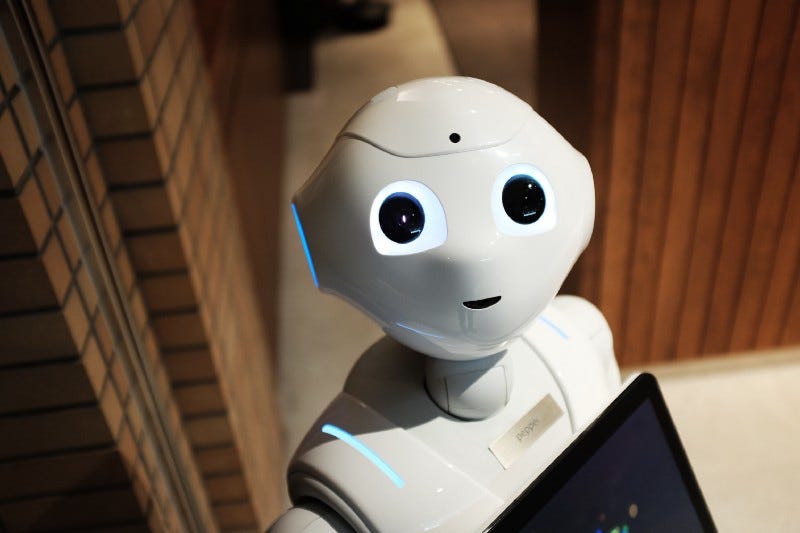Are Other Countries Taking American Jobs?
Although some U.S. manufacturing and service-sector jobs have gone overseas, politicians continue to ignore the outsized effect of…
Although some U.S. manufacturing and service-sector jobs have gone overseas, politicians continue to ignore the outsized effect of automation on job loss, blaming foreign countries and immigrants instead.

Photo by Alex Knight on Unsplash
The U.S. manufacturing sector actually produces twice as many products as it did half a century ago but does so with one-third fewer workers, mostly because automation has made American factories more efficient. Most experts agree that U.S. jobs aren’t being stolen by other countries, but rather by our own robot overlords. An Oxford University study recently suggested that almost 50% of some jobs will be eliminated or reduced within the next several years due mostly to automation.And as artificial intelligence and robotic hardware continues to advance at a phenomenal pace, there are concerns that the rate of job loss will accelerate.
Thinking in terms of automation is also important because job loss due to automation inordinately affects the most vulnera…
Keep reading with a 7-day free trial
Subscribe to UnfairNation to keep reading this post and get 7 days of free access to the full post archives.




